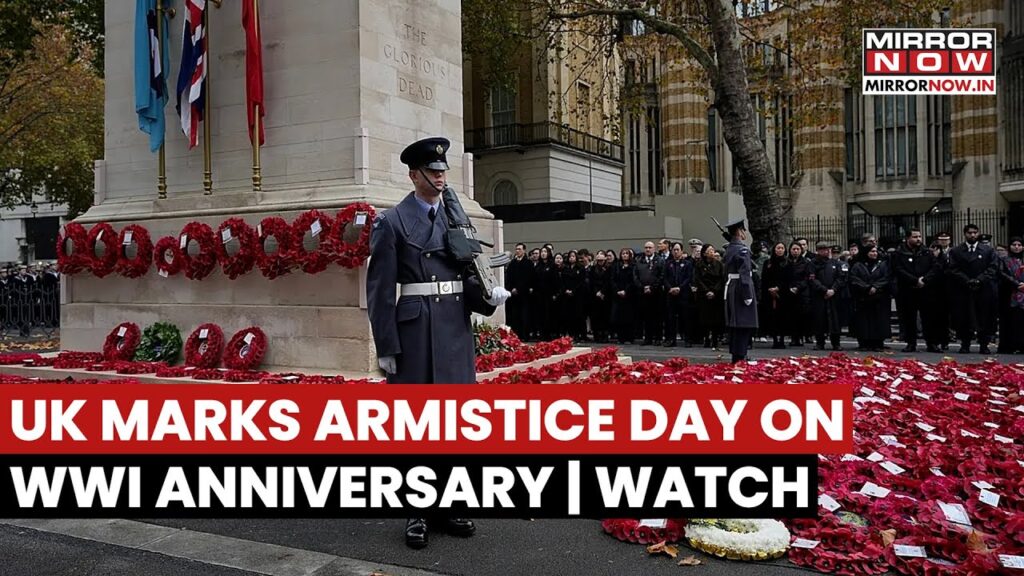
Introduction
Armistice Day, observed on November 11 each year, marks a significant moment in world history—the cessation of hostilities on the Western Front during World War I on November 11, 1918. Its importance lies not just in commemorating the end of a devastating conflict, but in honouring the sacrifices made by millions of soldiers and civilians. As countries worldwide reflect on the costs of war, Armistice Day serves as a poignant reminder of the need for peace and reconciliation.
The Historical Context
The armistice that ended World War I was signed between the Allied Powers and Germany, bringing a conclusion to one of the deadliest conflicts in human history, which resulted in the deaths of an estimated 16 million people. In Canada, the implications of the war were profound, with over 600,000 Canadians serving and more than 61,000 losing their lives. The day was originally designated as Armistice Day, but it has since evolved into Remembrance Day, a broader observance honoring all fallen soldiers from conflicts across the Globe.
Commemoration Activities
In Canada, various memorial ceremonies occur on November 11, with the National War Memorial in Ottawa serving as the focal point for many. The ceremony includes the laying of wreaths, moments of silence, and the recitation of the poem “In Flanders Fields” by Lieutenant Colonel John McCrae. Across the country, similar ceremonies are held in communities, schools, and organizations, emphasising a collective respect for those who served.
Significance in Contemporary Society
While Armistice Day initially celebrated the cessation of World War I, its significance has grown to include the remembrance of all veterans and fallen soldiers. In recent years, there has been a renewed focus on the mental health and well-being of veterans, as awareness rises around issues such as PTSD and the transition to civilian life after military service. Discussions on this day often highlight the need to support veterans and their families significantly.
Conclusion
Armistice Day serves as a critical reminder of the sacrifices made for peace and the ongoing pursuit of global harmony. As we observe this day, it is vital to reflect on its significance and to promote peace across nations. Looking ahead, it is hoped that this day will continue to foster understanding and reconciliation among people worldwide, ensuring that the lessons of history resonate for future generations. Armistice Day not only remembers those who served but also encourages ongoing dialogue on the importance of peaceful coexistence.



